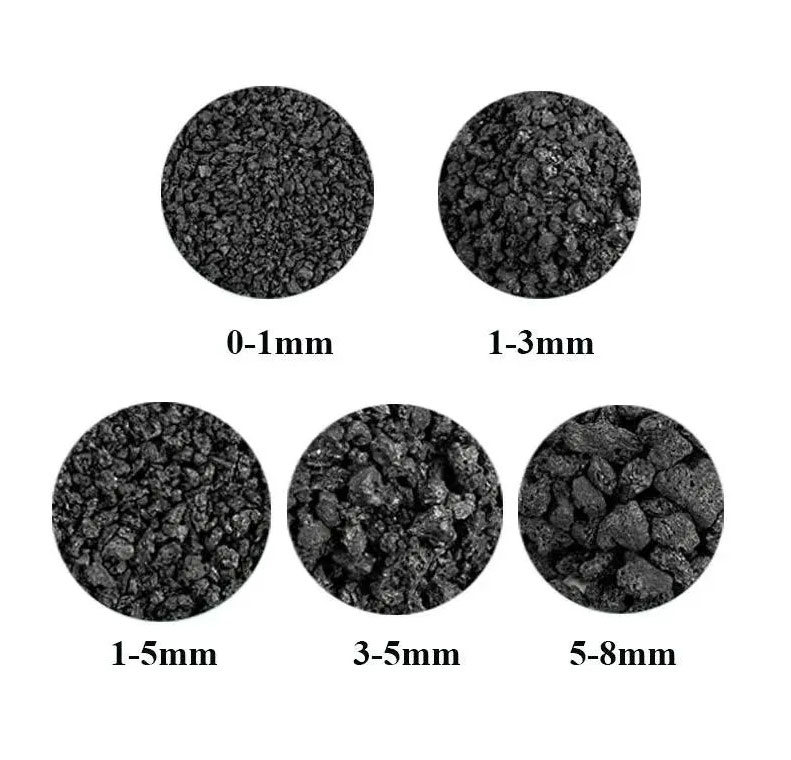
Graphite Petroleum Coke is a carbon-based material that undergoes an exclusive process to improve the crystalline structure electrical conductivity, structure, and thermal properties. This process is referred to as "graphitization" and is vital for the production of anodes in the aluminum industry and for various graphite applications. Graphitized Petroleum Coke has many useful applications, such as serving as the base material for refractory materials, cast iron products that have a controlled sulphur content and high-performance lithium ion batteries.
Graphitized petroleum is more refined than the conventional coke that is calcined. It is dark brown or black in color and has a high level of carbon. It has a more consistent pore size and particle distribution, in addition to a higher level of graphitization. The improved crystalline structure and graphitization of Graphite Petroleum Coke results in superior strength, density and electrical conductivity. It also has a low level of sulfur and metallic elements, as well as impurities.

To ensure performance and quality, Graphite Petroleum Coke must be processed to remove all volatiles. This involves calcining, where it is exposed to high temperatures to reduce the porosity of the material and increase its energy density.
Chemical analysis can also be used to identify the grade and type of petroleum coke. This helps producers select the right material for a particular industrial use. It is determined by the analysis of carbon oxygen, hydrogen, nitrogen and sulfur, along with metals like vanadium or nickel.
After calcination, the coke is then subjected to pressure in order to attain densification. This increases the energy density of the coke which makes it more resilient against damage and increasing its efficiency in industrial applications. Densification also makes it easier to transport and handle Graphite Petroleum Coke in industrial environments.
In the steelmaking industry, Low Sulfurgraphite Petroleum Coke is the most preferred carbon additive to enhance the quality of steel. It is a crucial component in the production of graphite electrodes, which are vital to electric arc furnaces that are used for steel production. Graphite Petroleum Coke also plays a key part in the manufacturing of anodes, which are utilized by the aluminum industry. Its superior electrical properties make it essential for electric battery production. As businesses across the world are striving to improve productivity and cost-efficiency, Graphite Petroleum Coke will continue to play an important role in achieving these objectives. It will provide a stable base for technological innovation in every sector, whether it is used as a raw materials or additives.

Write a Message